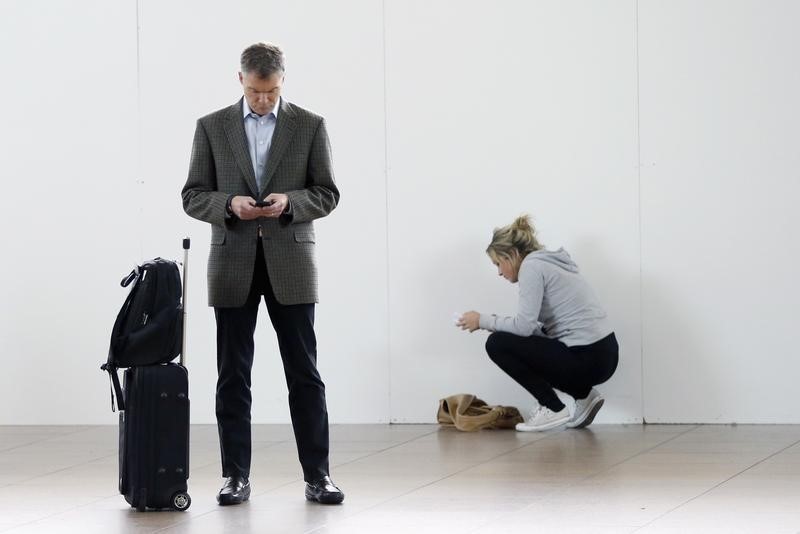By Julia Fioretti
BRUSSELS (Reuters) - Airlines have to pay passengers compensation when flights are canceled or delayed due to unforeseen technical problems, the European Union's top court ruled on Thursday, handing a victory to consumers.
The case was brought by a Dutch couple whose flight from Quito, Ecuador, to Amsterdam was delayed by 29 hours. KLM (PA:AIRF) refused to pay compensation on the grounds that the technical faults that caused the delay were extraordinary circumstances.
Under EU law, air carriers do not have to pay compensation if the cancellation or delay is caused by "extraordinary circumstances" such as bad weather, strikes and political instability, which could not have been avoided even if all reasonable measures had been taken.
KLM argued the two defective components at the root of the delay had not exceeded their average lifetime and that the manufacturer had not provided any specific information on which defects might arise once the equipment reached a certain age.
The Luxembourg-based court said that while technical problems could constitute extraordinary circumstances, for example those caused by acts of sabotage or terrorism, the same could not be said for issues that arise during maintenance of the aircraft or from a failure to carry out such maintenance.
"In the course of the activities of an air carrier, that unexpected event is inherent in the normal exercise of an air carrier's activity, as air carriers are confronted as a matter of course with unexpected technical problems," the Court of Justice of the European Union said in a press release. "No component of an aircraft lasts forever."
Flight-Delayed.co.uk, a group representing air passengers in Britain, applauded the ruling, saying compensation claims were often rejected on the grounds of unforeseen technical errors.
"Approximately 79 percent of the claims are immediately rejected, yet when we take a claim to court we win 98 percent of the time, even in the case of technical errors," said Flight-Delayed spokesman Raymond Veldkamp.

The Association of European Airlines said the case proved that the current air passenger rights regulation needed to be reviewed since it was giving rise to "one court case after the other" and different interpretations.